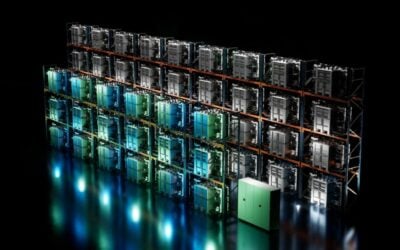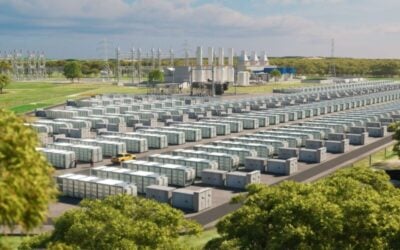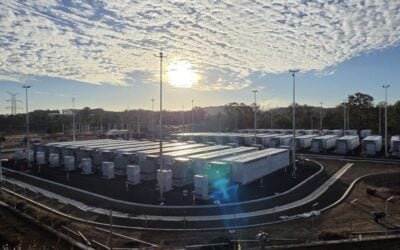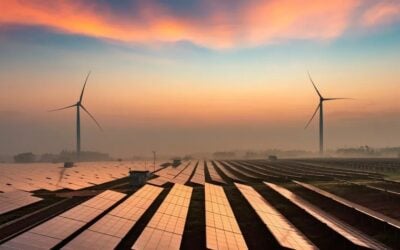Battery manufacturer BYD’s deal to supply up to five electric double-decker buses for London is a “big win” for the company but not enough for them to start discussions on a European base, according to Lux Research’s Lilia Xie.
Last week London’s Transport for London (TfL) organisation revealed it had ordered up to five electric-only double-decker buses as part of a trial run as it looks to expand on its fleet of 1,300 hybrid diesel-electric buses across the capital.
TfL also has a number of electric-only single-decker buses, however the new fleet will be the first double-deckers to be driven solely from an electric battery when they enter into service on the number 16 route this autumn. The transport authority wants to add 300 electric-only buses to its fleet by 2020, however there has yet to be a contract offered to a supplier.
Xie said that recent improvements to BYD’s product line could be behind the contract. “Last year the company increased the size of the battery pack from their standard version, which lengthened the driving range for a lot of cities where the charging stations aren’t so common,” she added.
Try Premium for just $1
- Full premium access for the first month at only $1
- Converts to an annual rate after 30 days unless cancelled
- Cancel anytime during the trial period
Premium Benefits
- Expert industry analysis and interviews
- Digital access to PV Tech Power journal
- Exclusive event discounts
Or get the full Premium subscription right away
Or continue reading this article for free
But while Xie believes the deal represents a “high profile win” and good business for BYD after a deal to supply electric taxis fell through last year, London alone will not represent a big enough contract to begin talks on a European supply base.
BYD’s current manufacturing facilities are limited to China where it secured a deal to supply 2,000 electric buses for the city of Hangzhou and California, where it has purchased a site for a US-based manufacturing plant on the back of increasing EV activity in the state.
Xie said any commitment would have to be significantly larger than the London deal for BYD to commit to a similar production plant. “There’s no indication that it’ll be a large-scale commitment and I think the output would have to be pretty large for them to do something similar over here, and I don’t know of any plans for them to set up manufacturing facilities in Europe. It doesn’t seem as if the demand is there yet,” she said.
Car manufacturer Nissan established a battery manufacturing plant in Sunderland but is one of a number of companies in the storage sector to suffer from overcapacity issues, and Reuters reported late last year that the firm was reported to be investigating a potential switch of battery suppliers and closure of manufacturing plants as a result.
London already has a fleet of electric single-decker buses, but those supplied by BYD will be the first double-decker buses in service. Flickr/David Holt





